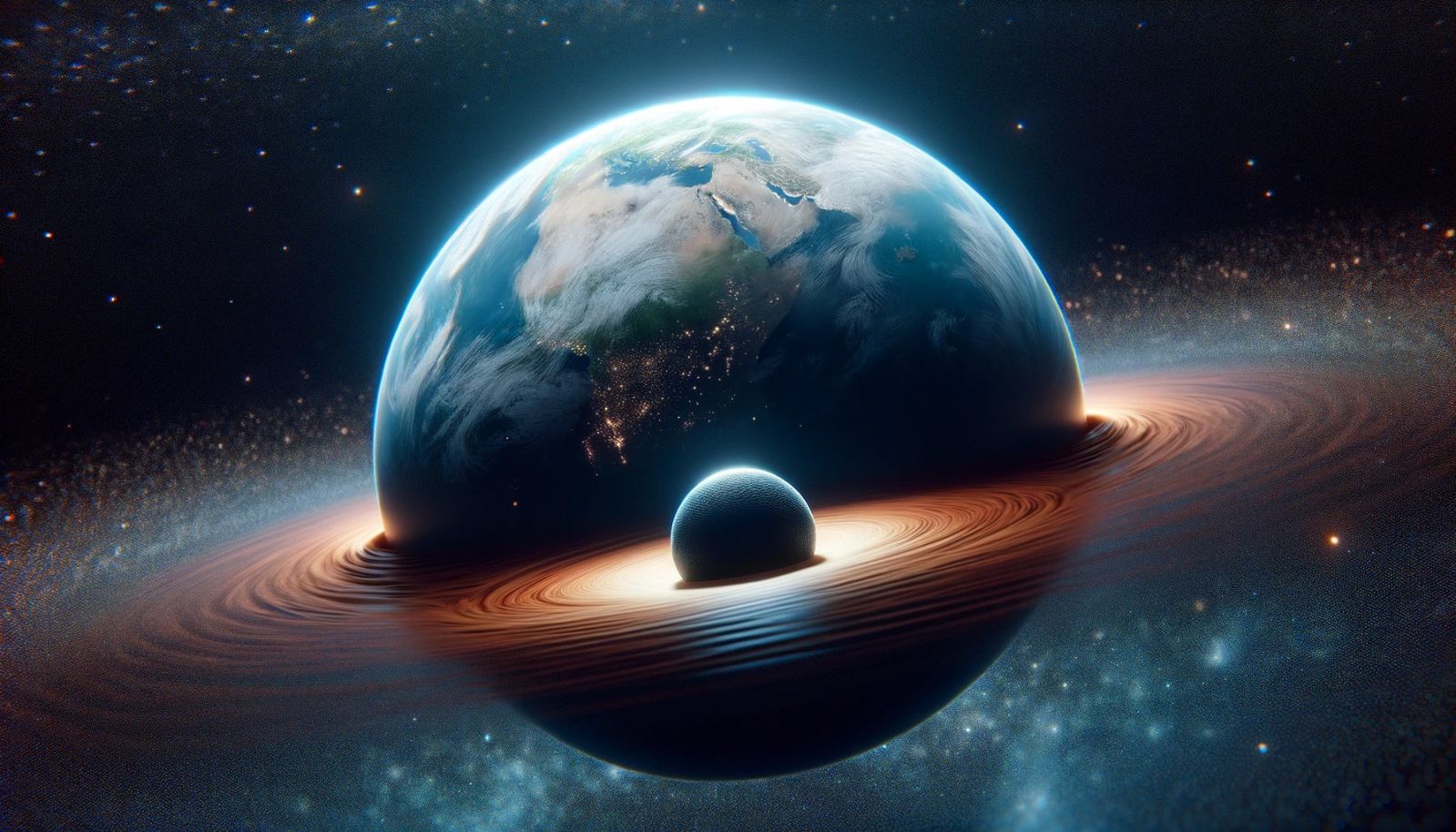Follow us on Google News (click on ☆)

According to the research by Tung Tran, Sarah Geller, Benjamin Lehmann, and David Kaiser from the Massachusetts Institute of Technology's Center for Theoretical Physics, these primordial black holes could have masses similar to those of asteroids, yet their extreme density would assign them an incredibly small size. Despite their mass, the dimensions of primordial black holes would range between the size of a hydrogen atom and an average bacterium.
The study explores a hypothesis: the impact of primordial black holes on the movements of planets in our Solar System. Their simulations indicate that the passage of a primordial black hole might trigger slight oscillations in the planetary orbits, altering their distance relative to the Sun or Earth.
To reach this conclusion, the researchers utilised data from the JPL Horizons database, which catalogs the positions of a million objects within the Solar System. They calculated that even a primordial black hole passing within a few astronomical units (the distance from Earth to the Sun) could disrupt planetary motion. These changes, although minor (ranging from a few inches to several tens of inches), remain exceedingly challenging to detect due to the margins of error in current measurements.
Detecting these oscillations would mark a significant breakthrough in the understanding of dark matter and the formation of the universe. However, to achieve this, astronomers will need more precise simulations and higher-quality observations. The study also underscores the importance of space missions, such as Martian rovers, which have calibrated the Earth-Mars distance with remarkable precision, to within about 4 inches (10 centimeters).
Detecting changes in the trajectories of Solar System planets, while it could indicate the presence of a primordial black hole, does not constitute irrefutable proof of their existence. Indeed, other factors, such as the presence of unknown asteroids, could also lead to similar orbital disturbances. This possibility highlights the need for thorough analysis and cautious interpretation of data. The quest to confirm the existence of primordial black holes involves not only detecting these minute orbital changes but also conclusively ruling out all other plausible explanations.
Primordial black holes, if confirmed, could offer a new perspective on the mysteries of the universe, thus shedding light on some of the greatest enigmas of modern cosmology.